This issue covers:
- UK campaign puts focus on electrical safety
- New HSE EAWR 1989 Guidance Note
- New Apollo 400 PAT from Seaward
- Updated electrical safety advice for landlords
- NAPIT scheme to identify counterfeit electrical products
- ESF and AMDEA encourage appliance registration
- Unsafe Christmas gifts warning
- Visit us at NICEIC
- Did you know that...
UK campaign puts focus on electrical safety
November’s Electrical Safety Week gained considerable news coverage as part of a campaign to raise awareness of some of the biggest causes of accidental house fires in the country.
Fire and Rescue Services across the country hosted special events and electrical equipment safety testing sessions to highlight the largely unknown risks associated with the use of faulty or damaged appliances.
For those in the electrical safety sector the campaign generated a range of relevant facts and figures that should be of broader interest.
For example, according to British fire statistics, there were 35,000 accidental house fires in 2013/14 - 5,400 were caused by faulty appliances and 13,000 by misuse of appliances.
Illustrating this point, Shropshire Fire & Rescue Service reported that a quarter of all fires in Shropshire homes last year were caused by electrical appliances, with 59 out of 233 house fires in the county in 2014 and typically involving portable heaters, chargers, washing machines, microwaves, light fittings and toasters.
In East Sussex and Brighton & Hove over half of the accidental dwelling fires in 2014/15 had an electrical ignition source. To highlight the dangers, the local fire and rescue service hosted 16 electric blanket testing sessions and across all testing sites 661 blankets were tested, 409 passed and 252 failed, an overall failure rate of 38%.
On the same subject, 15% of electric blankets tested within Bath and North East Somerset failed a safety test, the local council reported.
Emma Apter from Electrical Safety First said: “We want to ensure that everyone stays safe in their homes this winter. Our research has found that 78 per cent of people are worried about the rising costs of energy bills, so electric blankets are a great way to warm up without paying up. But, it is vital that people use them correctly.”
New HSE EAWR 1989 Guidance Note
A new guidance note on the Electricity at Work Regulations 1989 (HSR25) is available on the Health and Safety Executive (HSE) website.
The purpose of this guidance is to highlight what can be done by dutyholders to achieve electrical safety compliance with the duties imposed by the Regulations. It is relevant to all work activities and premises except certain offshore installations and particular ships. Of particular relevance to dutyholders, it will also be of interest and practical help primarily to engineers (including those involved in design, construction, operation or maintenance of electrical systems and equipment), technicians and their managers.
More information here, www.hse.gov.uk/
New Apollo 400 PAT from Seaward
We’ve expanded our Apollo generation of portable appliance testers (PATs) with the introduction of a new 400 model. The new tester has been introduced as a value for money mid-volume PAT where speed of data entry is of the essence and memory storage of test records are required.
The Apollo 400 has been designed to provide fast, flexible and straightforward electrical safety testing, with simple test data entry being accompanied by an internal memory and downloading of results.
With the capability to carry out a comprehensive range of battery and mains powered electrical safety tests, the Apollo 400 ensures full compliance with the IET 4th Edition Code of Practice.
The lightweight no-nonsense tester incorporates a QWERTY key pad and large colour display for ease of operation and an interactive menu structure provides a choice of automatic testing or user configurable test sequences.
Bluetooth connectivity with test accessories, remote data transfer via a mobile device and USB downloading to a PC are also accommodated in the tester’s features.
The simple and straightforward approach to appliance safety testing adopted by the Seaward Apollo 400 complements the availability of the Apollo 500 and Apollo 600 testers, which have additional test features, integrated test tools and capabilities to meet more demanding PAT applications.
Full details of the new Seaward Apollo 400 are available at www.seaward.co.uk/apollo400
Updated electrical safety advice for landlords
A useful article on the This is Money website details how electrical safety is a key responsibility for landlords to keep their tenants safe and avoid penalties.
The article highlights how any failure to keep equipment such as light switches, microwaves and fuse boxes safe can result in fines, bans and imprisonment. Included are details on how the electrical safety rules and regulations for landlords are applied in different parts of the UK.
In Scotland, for example, from December 1 the rules regarding electrical safety will get stronger. Landlords will be required by law to ensure their rented properties are electrically safe by providing regular reports. Any tenant moving in from December 2015 must be provided with a copy of an Electrical Installation Condition Report (EICR) accompanied by a portable appliance test certificate for movable electrical equipment.
The rules regarding electrical safety are slightly different in England and Wales, with several pieces of legislation that landlords could fall foul of if they provide faulty electrics. Legislation such as the Landlord and Tenant Act require landlords to respond to any requests for repairs and a claim could also be brought under the Consumer Protection Act if a property is found to be unsafe.
Electrical safety guidelines are similar in Northern Ireland to England and Wales. For example, electrical equipment such has bedside lamps or TVs must be safe to use and the country has its own consumer laws and legislation on electrical equipment that can be best followed by doing regular safety checks.
NAPIT scheme to identify counterfeit electrical products
Electrical trade association NAPIT has announced a new collaborative approach to address the impact of non-compliant, defective or counterfeit products on electrical installers.
NAPIT has created a new Defective, Suspicious or Counterfeit Products Reporting Form in cooperation with BEAMA, the trade association which represents manufacturers of electrical infrastructure products, and the Electrotechical Market Surveillance Group (EMS).
The new system will allow NAPIT members to draw attention to potentially dangerous electrical products and pass the information on to EMS member organisations, who conduct their own product testing using independent labs to build cases of miss-selling. The group will also work with Trading Standards and/or the Health & Safety Executive to get dangerous products removed from the marketplace.
The move comes in response to a NAPIT installer survey which showed that nearly 60% of electricians encounter non-compliant electrical products but don’t report them and, of these, nearly half (45%) said that it was because they didn’t know where to report them to.
One in four of those surveyed also said that the defective or counterfeit products caused a direct safety risk to customers
Commenting on the survey, NAPIT Group Technical Director and Trade Association Chairman Frank Bertie said: “When we heard the serious concerns from our members and saw those concerns directly reflected in the experiences of hundreds of installers through our electrical products survey, the need to tackle the problem became clear.”
For more information and reporting guidance on defective, suspicious or counterfeit products, visit www.doesitcomply.co.uk
ESF and AMDEA encourage appliance registration
An online game highlighting some electrifying horrors is raising awareness of the dangers of recalled electrical equipment products, and the need for formal product registration.
The House of Horrors game, developed by the charity, Electrical Safety First (ESF), is set in a typically haunted house. It challenges players to find, against the clock, the killer lurking in the shadows.
Along with some typically spooky objects lying around – a pumpkin, a knife, an axe, a bottle of poison and a chainsaw – there are also non-harmful looking household objects. However, the three killers are all recalled electrical appliances and, at the end of the game, players are directed to Electrical Safety First’s recall checker (for an up-to-date list of electrical recalls) and AMDEA's Register My Appliance site.
“In the UK, almost half of all domestic fires arise from electricity and the vast majority of those are caused by electrical products – and their misuse”, notes Phil Buckle, Director General of Electrical Safety First.
“We hope this fun approach to a serious issue will raise awareness of the potential dangers of recalled products and the need to register them.”
A major report by the Charity – Consumer Voices on Product Recall – found that concerns over personal information being used for marketing purposes inhibited consumers from registering their appliances. However, AMDEA’s register will only use consumer information for safety notices and product recalls.
“While domestic appliances have never been safer, we have over 100 million large appliances in use in our homes – and they are in service for a decade or more”, explains Douglas Herbison, AMDEA Chief Executive. ”But if an item has to be recalled by a manufacturer, they need to be able to trace the affected models. We hope our website and Electrical Safety First’s innovative digital campaign will help address this issue.”
Unsafe Christmas gifts warning
UK residents have been warned about the dangers of buying cheap electrical gifts in the run up to Christmas.
Pete Buckingham, Community Safety Team Manager at Bedfordshire Fire and Rescue Service said, "With Christmas coming everyone is looking for a bargain to make their money go further. But if a deal looks like it's too good to be true, then it probably is not only too good to be true but could actually be dangerous and life-threatening to you and your family.
"More people now shop online which increases the opportunities for rough traders to sell you fake products. Our advice is to stick to reputable retailers both on the High Street and online and have a look at Electrical Safety First's online Safe Shopper's Guide for advice on shopping safely online."
The fire service recommend following these tips:
1.Check the reviews: Use reputable online review sites to see what people who have bought products say about them and the retailer and use website checkers set up by companies to confirm you are buying from an approved stockist.
2.Check the seller: Look for the seller's contact details and ensure there is a full address, not just a PO Box number because just having a .co.uk address doesn't mean they are based in the UK. Is the seller a well-known name or have you bought from them before?
3.Check the price: If a bargain looks too good to be true, it probably is. Check what others are selling it for and ask the trader why their price is so low.
4.Check the purchase process: Look for websites that allow you to pay safely – these have a padlock symbol on your screen when you are filling in your payment details – but don't assume safe payment definitely means your purchase is genuine. Also ensure there is a returns or complaints procedure should you be unsatisfied.5.Check the product: When it arrives, firstly check for damage or loose wires, then check the voltage is 230V, 50Hz (the UK's usual domestic voltage) and that they are fitted with a three-pin UK plug or charger. Also check the packaging note – does it come with instructions and a guarantee? If you have any suspicions about a product's safety, or if you think it's a fake, do not use it.
Visit us at NICEIC
Seaward will be exhibiting at the NICEIC Live North on 26th November at Aintree Racecourse, Liverpool.
Visit us at stand 12 and get hands-on with the Seaward range including the new Apollo 400 PAT tester, the new EV100 EV charge point tester, the PrimeTest 250+, Installation Testing equipment, and the Solar PV testing range.
Did you know that...
There are 10 different possible uses for the Apollo 600 on-board camera? - /Apollo600
We have a Seaward forum with over 550 members? - /forum/
We have a full range of accessories to complement our PAT testers and improve productivity? - /products/portable-appliance-testing-equipment/portable-appliance-testing-accessories
Do you use Seaward PAT testing equipment? - If you think you may have a story for future e-news bulletins, please let us know by contacting us here.








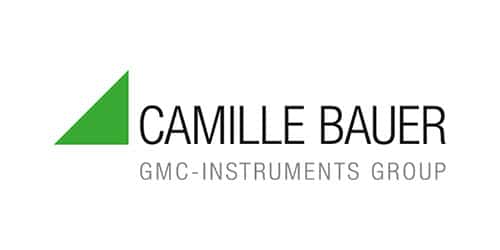
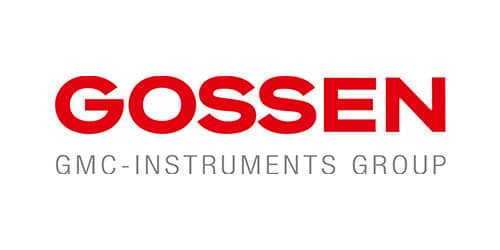
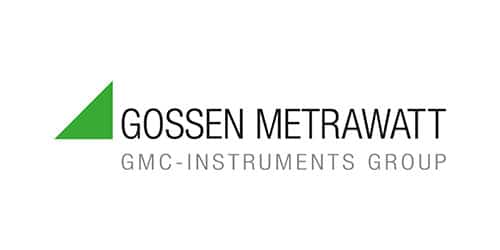
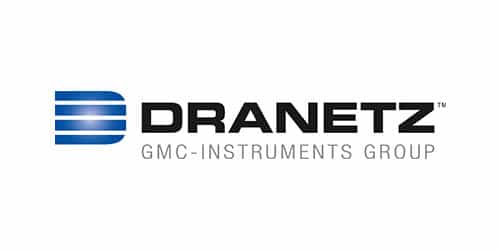
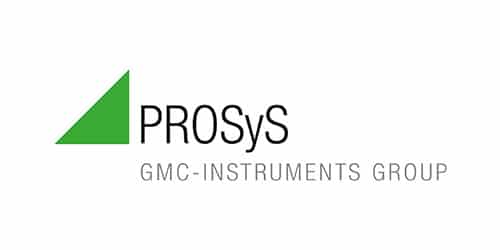
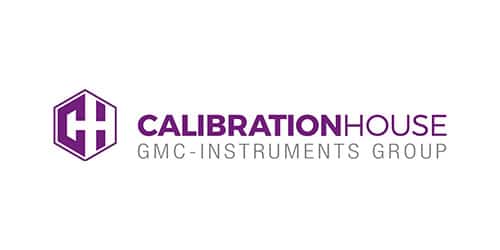
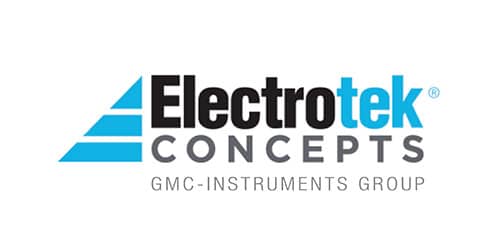
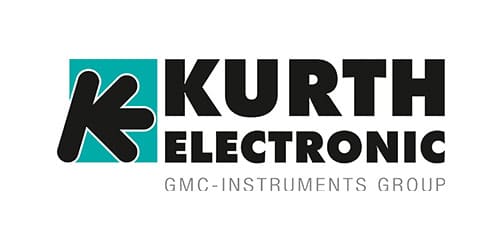
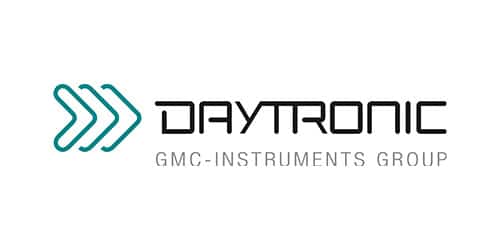
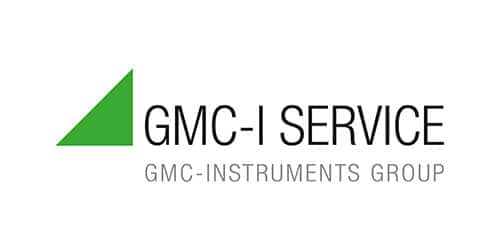
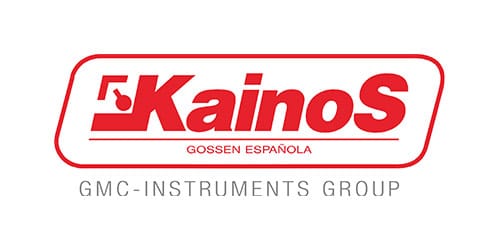
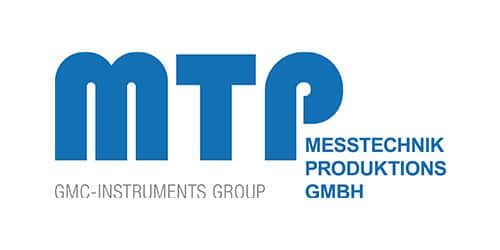
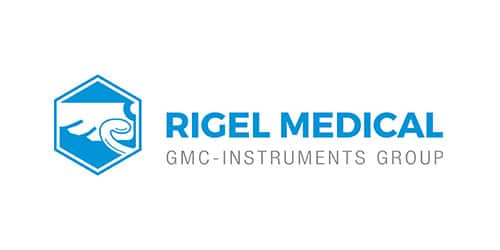
Sign up to our Newsletter.
Stay up to date with the latest industry and product news, as well as our free educational content such as webinars and our expert guides.
Close